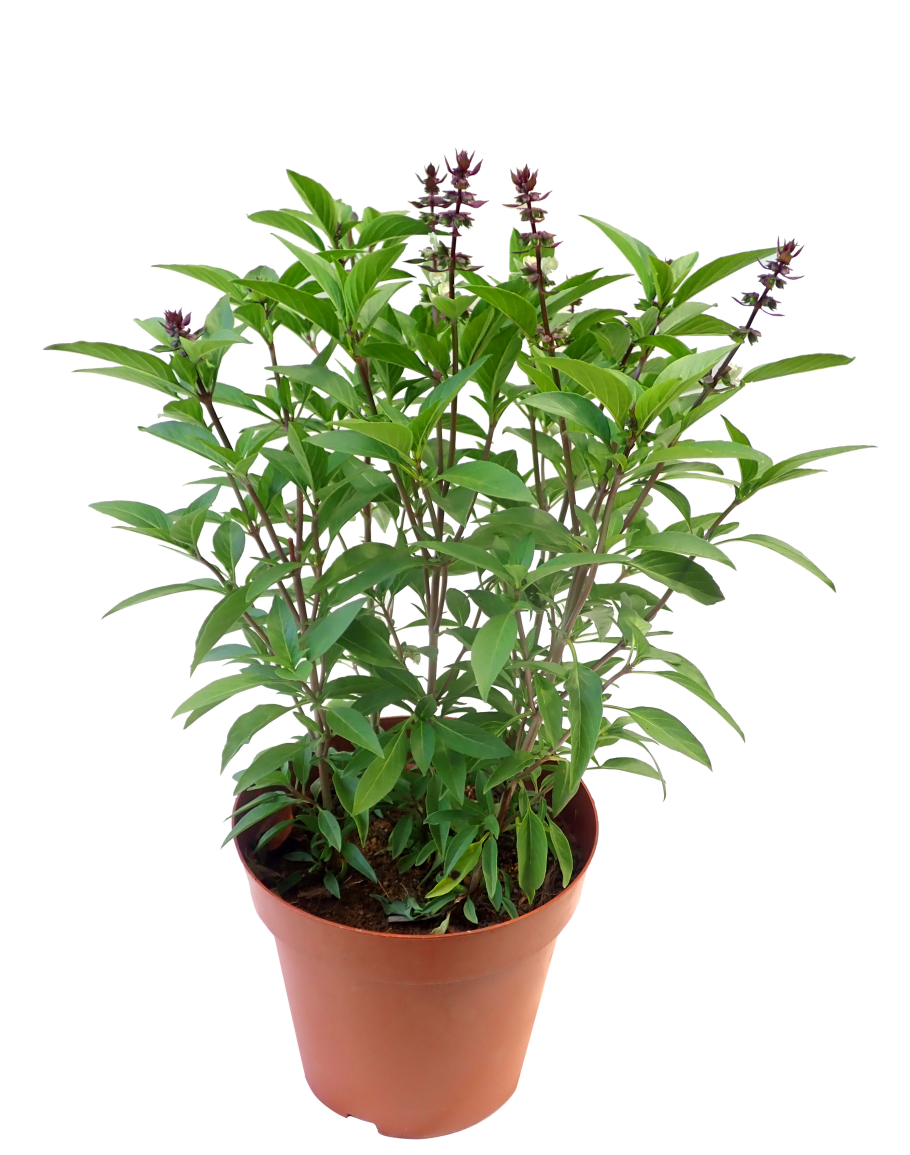
You have several options to help you succeed in your perennial flower gardening endeavors. First, find out the USDA hardiness zone of your area. Perennials should be strong enough to withstand the winter conditions in your area. It is important to place them in an area that gets enough sunlight each day. For perennial flowers, full sun is six hours or more a day, part-shade means half-sun, and shade means no direct sunlight. Perennials can be planted at any time of the year but need to be well watered once they have established themselves.
FAQ
What equipment do I need to grow vegetables?
No, not really. All you need to do is use a shovel, trowels, watering containers, and maybe even a rake.
What should you do first when you start a garden?
The first step to starting a garden is to prepare it. This includes adding organic matter such as composted manure, grass clippings, leaves, straw, etc., which helps provide plant nutrients. Next, plant seedlings or seeds in the prepared holes. Water thoroughly.
How do you prepare the soil for a vegetable garden?
It's easy to prepare the soil for a vegetable gardening. The first step is to remove any weeds that may be in the area where your vegetable garden will be planted. Next, add organic matter like composted manure and leaves, grass clippings or straw. Finally, water well and wait until plants sprout.
How often do I need to water my indoor plants?
Indoor plants need to be watered every two days. Watering helps maintain humidity levels inside the house. Humidity is crucial for healthy plants.
What is the difference between aquaponic gardening or hydroponic?
Hydroponic gardening relies on nutrient rich water rather than soil to provide nutrients for plants. Aquaponics uses fish tanks to grow plants. It's like having a farm right in your backyard.
How much space do vegetable gardens need?
One square foot of soil will require 1/2 pound of seeds. This is a good rule of thumb. So if you have an area of 10 feet by 10 feet (3 meters by 3 meters), you'll need 100 pounds of seeds.
When can you plant flowers in your garden?
Planting flowers during springtime is best when temperatures are warm and the soil feels moist. If you live outside of a warm climate, it is best not to plant flowers until the first frost. The ideal temperature for indoor gardening is 60 degrees Fahrenheit.
Statistics
- According to a survey from the National Gardening Association, upward of 18 million novice gardeners have picked up a shovel since 2020. (wsj.com)
- Most tomatoes and peppers will take 6-8 weeks to reach transplant size so plan according to your climate! - ufseeds.com
- 80% of residents spent a lifetime as large-scale farmers (or working on farms) using many chemicals believed to be cancerous today. (acountrygirlslife.com)
- Today, 80 percent of all corn grown in North America is from GMO seed that is planted and sprayed with Roundup. - parkseed.com
External Links
How To
How to Grow Tomatoes
Tomatoes have become a very popular vegetable. They are very easy to grow and offer many benefits.
Tomatoes require full sunlight and rich, fertile ground.
Tomato plants like temperatures over 60 degrees F.
Tomatoes need plenty of air circulation. Use trellises and cages to increase airflow.
Tomatoes need regular irrigation. If possible, you should use drip irrigation.
Tomatoes are not fond of hot weather. Maintain the soil temperature at 80 degrees F.
The nitrogen-rich fertilizer helps tomato plants thrive. Two weeks apart, apply 10 pounds 15-15-10 fertilizer.
Tomatoes need approximately 1 inch water per week. You can apply it directly to the foliage, or you can use a drip system.
Tomatoes are prone to diseases such as blossom end rot and bacterial wilt. Keep the soil well drained and apply fungicides to prevent these problems.
Tomatoes are susceptible to pests such as aphids and whiteflies. Spray insecticidal soap onto the leaves' undersides.
Tomatoes are delicious and versatile. Make tomato sauce, salsas, ketchups, relishes, pickles, among other things.
Growing your own tomatoes can be a fun experience.